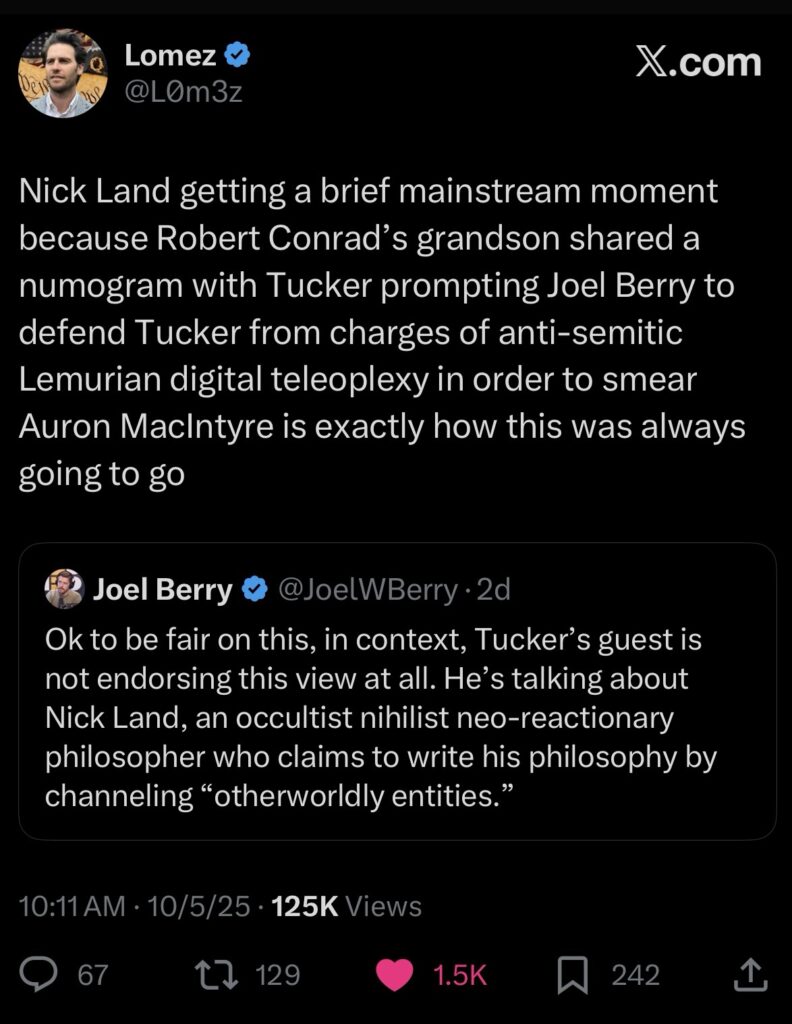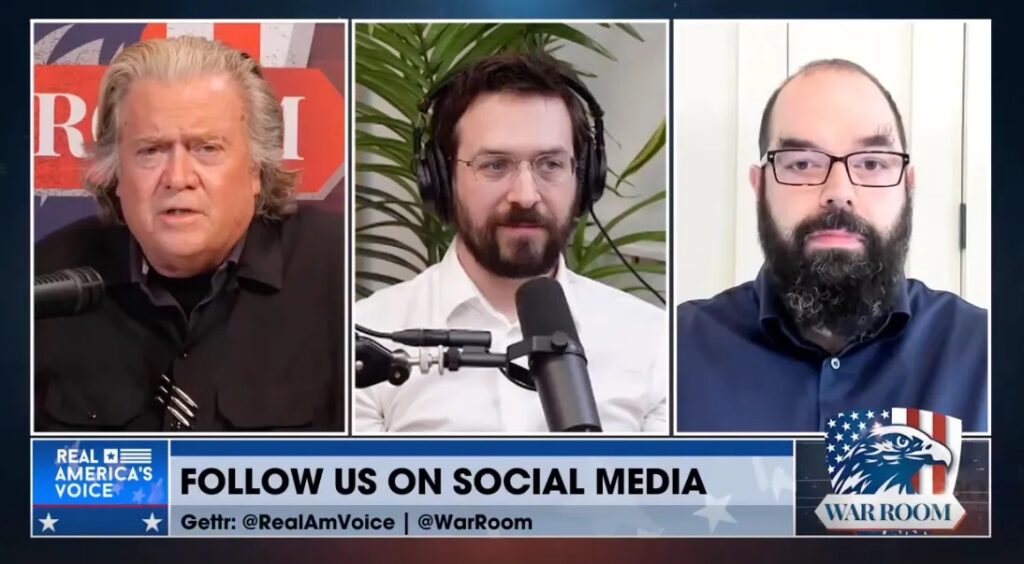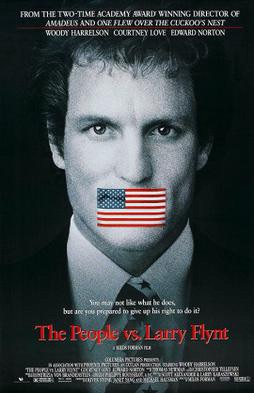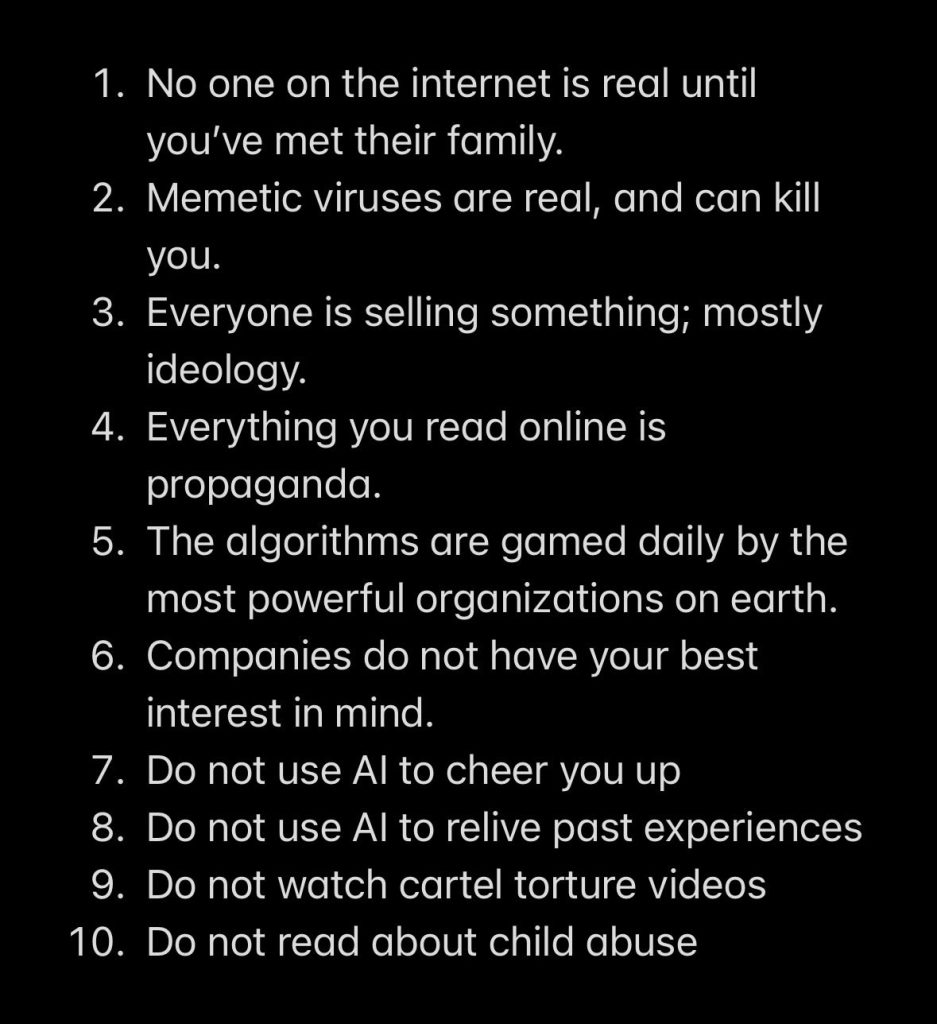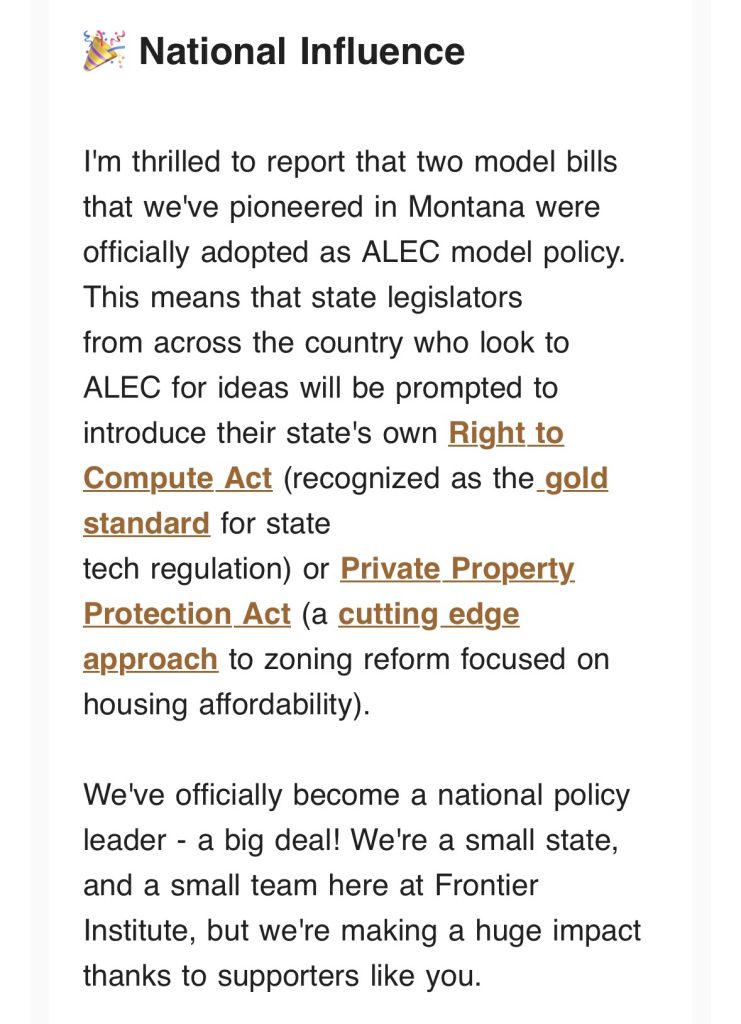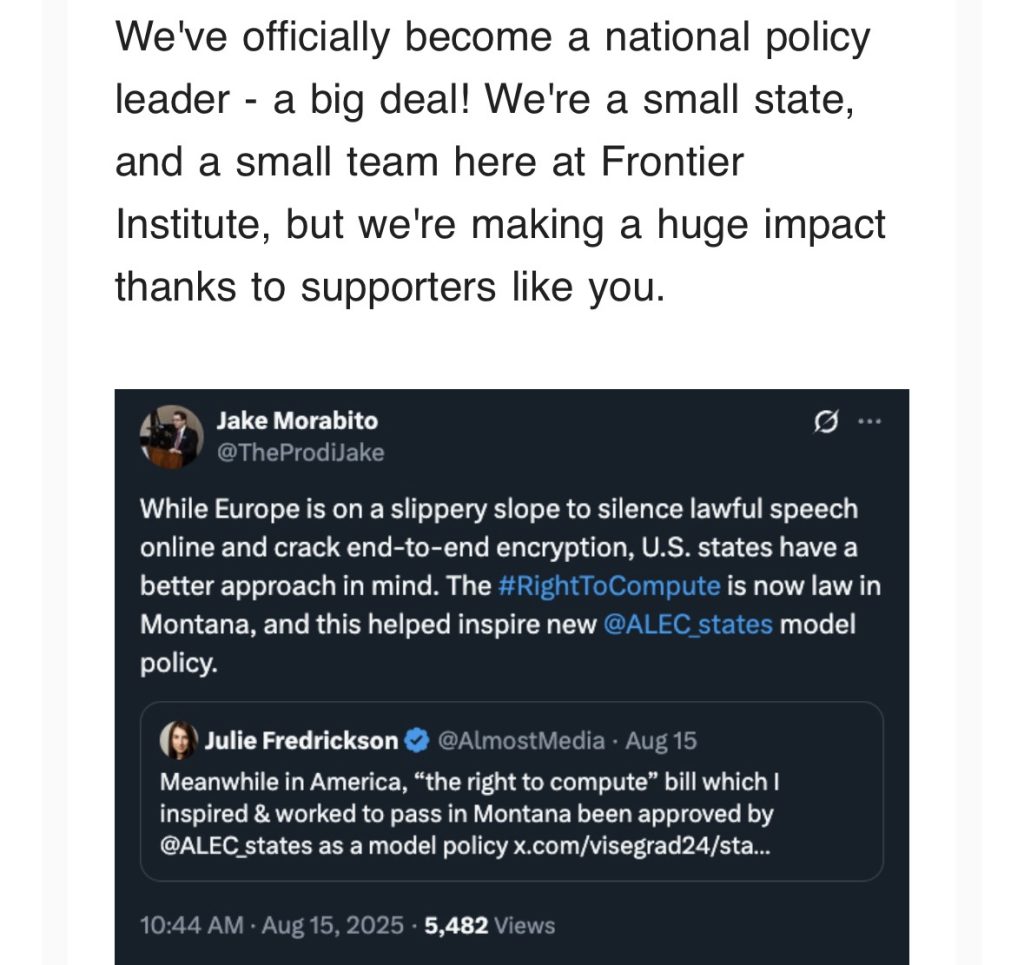Today was a pretty big news day. It was a FOMC meeting with a cut, Jerome Powell gave some forward guidance that a cut in December is not guaranteed (cue market upset), and NVIDIA became worth $5 trillion.
This is apparently 16% of our GDP and without investment in artificial intelligence related build-out, our economy would have only grown by 0.6%.
Without Magnificent Seven spending, GDP would have grown at a mere 0.6% annualized rate instead of around 1.1%-1.2% – Fortune
So America would be looking about as gnarly as Europe without the Magnificent Seven and AI infrastructure build-out spending.
About 92% of GDP growth in the first half of 2025 was driven by investment in data centers, AI infrastructure, and information processing, with NVIDIA as a primary contributor Yahoo Finance
Which is a scary large amount for any corporation, but is somewhat rational in the logic of a civilizational technology changeover akin to the Industrial Revolution.
For some comparisons, Standard Oil at its height represented about 5-6% of the total U.S. stock market value at the time and 1.5% of America’s total GDP. AT&T’s Bell Systems were worth about 3-4% of America’s GDP at their asset peak in 1984 so not entirely an unprecedented situation though Nvidea’s percentage is a very networked era problem.
How afraid should we be about the potential for a market bubble in artificial intelligence? That is a questions for Carlotta Perez
Having lived through both the dot-com crash and the global financial crisis, I have some fears, but also this feels about as rational as any of the other ways we’ve handled valuations and value in past boom-and-bust cycles.
There is significant revenue from very real demand. It is just hard to see the demand as it’s industry demand not consumer. And the consumer demand we have is likely coming from professionals who are more enabled in ways we can’t count. I couldn’t have answered half the questions I had for this post before the LLM age.
And that demand for efficiency was coming and needed to be addressed over some time horizon, no matter what.
As different industries cope with their extreme lack of efficiency in the face of other industries who are efficient and in demand wages rise everywhere and basic needs like education & healthcare get more expensive despite not being delivered more efficiently.
So we still need those inefficient industries but what do we do? We have to find solutions.
Because we were going to need to build out the infrastructure for diversified energy transition. Much of this is being spent on build-outs for things that we genuinely need.
We need nuclear. We need power grids that aren’t from the dark ages. We need the efficiency for compute as government services have gone full runaway Baumol accelerationist. Unless we do the hard work that’s going to take 10 to 15 years, most liberal economies will collapse under the weight of the social safety net.
So we need to do a fairly thorough job of investing in the future, independent of whether it’s artificial intelligence driving our future or developing an industrial policy of, say, going to war with China. Necessity is the mother of invention and I’d rather the need be capital growth than war to drive industry.
I don’t know why this “facts of budgeting life” works people up so much. Booms and busts and bubbles build real things and we really need more efficient energy, healthcare, and education.
The economy is a nutrient gradient and money moves to where it gets fed. Right now the promised efficiency of a solution to unsustainable spending is paid for by gains in areas which did get more efficient. That is just the whole game. Grow faster and bring along anything that isn’t for the ride.
